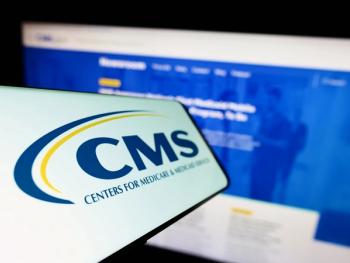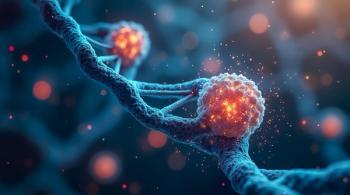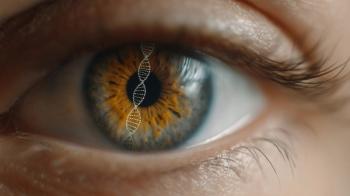
Patient Advocates Launch Initiative to Bridge Sickle Cell Gene Therapy Knowledge Gaps
When available, the educational toolkit will provide patients with sickle cell disease information on the gene therapy process, what to expect from therapy, and the importance of follow-up care.
Patient advocates are creating an educational
The effort, spearheaded by Wunmi E. Bakare of Through The Pain Inc. and Christelle G. Salomon, MSc, of UCSF Sickle Cell Center of Excellence, tackles a fundamental problem: while two gene therapies for sickle cell disease won FDA approval in December 2023, drug sales haven’t met expectations, with many patients lacking an understanding of how these treatments work or whether they’re worth pursuing.
The challenge has become more urgent as approximately 100,000 Americans with sickle cell disease face a condition that triggers severe pain episodes, damages organs and shortens life expectancy.
"By integrating lived experiences with scientific expertise, this initiative aims to enhance understanding and informed decision-making around gene therapy for SCD," the authors wrote in the Journal of Sickle Cell Disease. "Strengthening education through patient-driven storytelling and accessible resources will empower both patients and providers, ultimately improving health outcomes and the adoption of new treatments."
The project emerges from lessons learned through #ThroughTheGenes, a patient-focused
The two approved gene therapies, Lyfgenia (lovotibeglogene autotemcel) and Casgevy (exagamglogene autotemcel), work by editing or replacing patients' own cells to stop the painful blockages in blood vessels that define sickle cell disease. Unlike daily medications that manage symptoms, these one-time treatments aim to eliminate the underlying cause of the disease entirely.
But the complexities of gene therapy create obstacles. Patients must understand concepts like cell modification, gene editing and the lengthy treatment process that can involve chemotherapy-like conditioning. Religious and cultural concerns about altering genetic material add another layer of concern for some, particularly in communities disproportionately affected by sickle cell disease.
The new education program will bring together patients, families, doctors and researchers to pinpoint exactly where understanding breaks down. The team plans to survey stakeholders about their biggest questions and concerns, then develop materials that address those specific gaps using language and cultural perspectives that resonate with diverse communities.
Rather than creating generic brochures, the initiative will produce resources tested by actual patients to ensure they work in real-world settings. The approach represents a departure from traditional medical education, which often focuses on clinical data rather than practical decision-making concerns.
Key barriers the team identified include worries about chemotherapy-related side effects, questions about how gene therapy aligns with personal beliefs, confusion about treatment risks versus benefits, and uncertainty about the source of genetic material used in therapies.
The resulting toolkit would mark the first comprehensive educational resource designed specifically for gene and cell therapies in sickle cell disease. Beyond explaining the science, it will help patients set realistic expectations about recovery timelines and the ongoing medical care required after treatment.
The advocates hope their work will boost participation in clinical trials and ensure equal access to treatments across different communities. Future plans include partnering with hospitals and policymakers to make gene therapy education a standard part of sickle cell care while expanding digital outreach through podcasts and interactive online tools.
Newsletter
Get the latest industry news, event updates, and more from Managed healthcare Executive.























